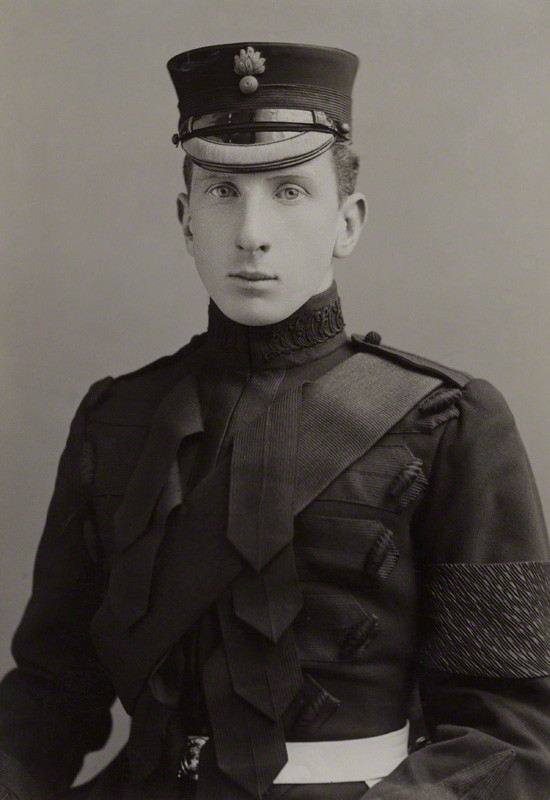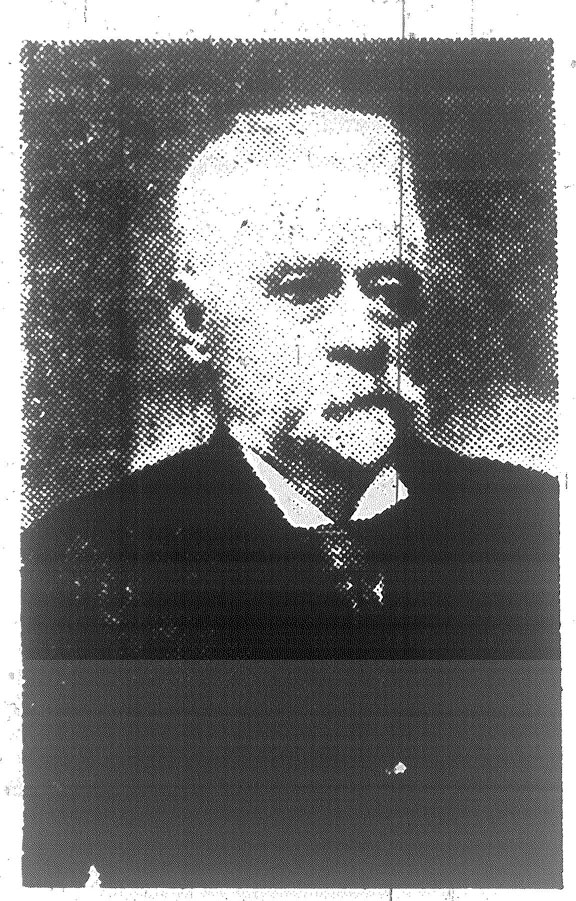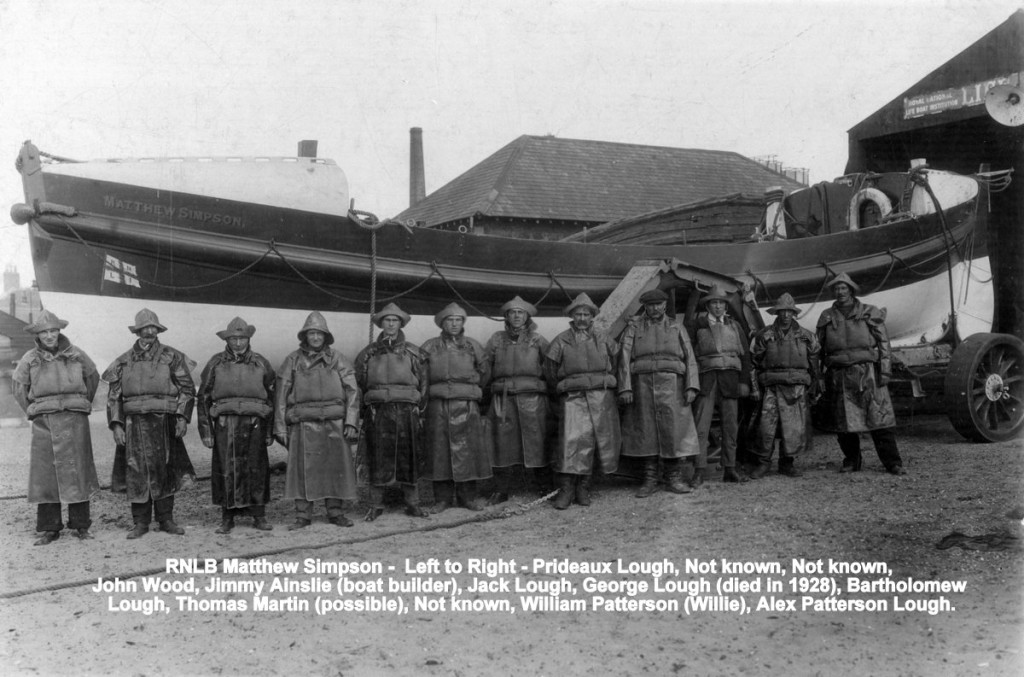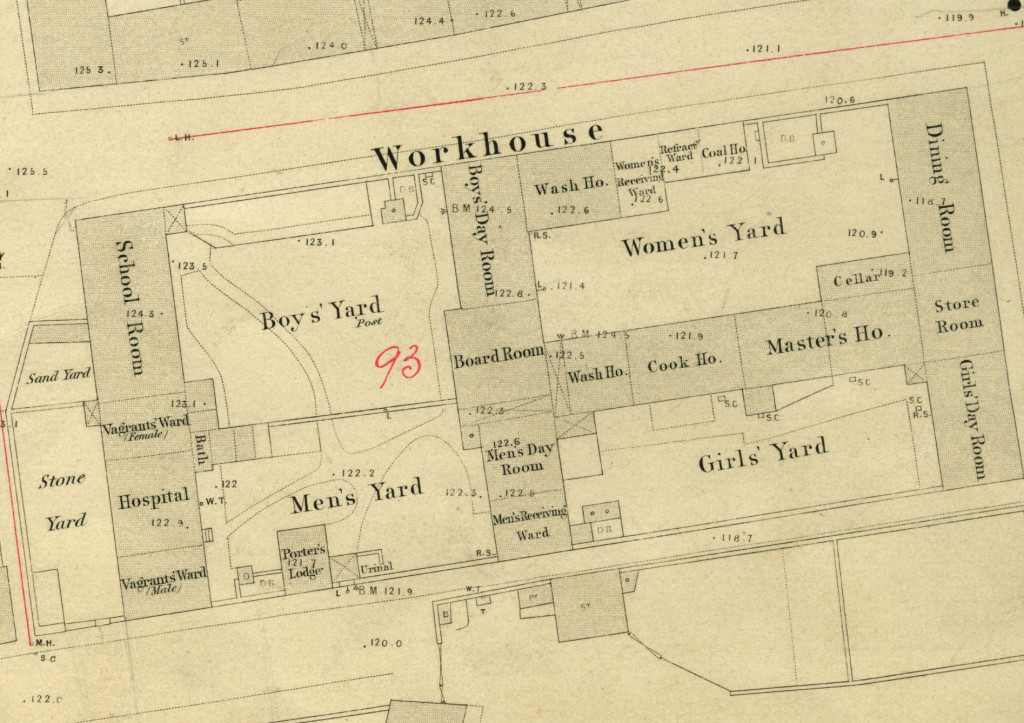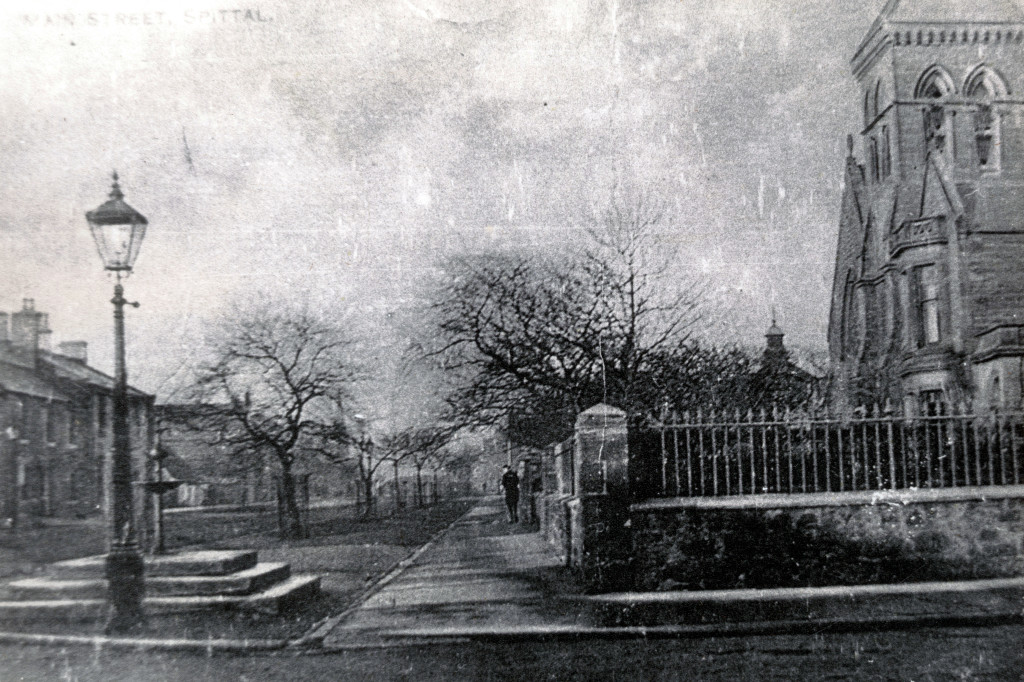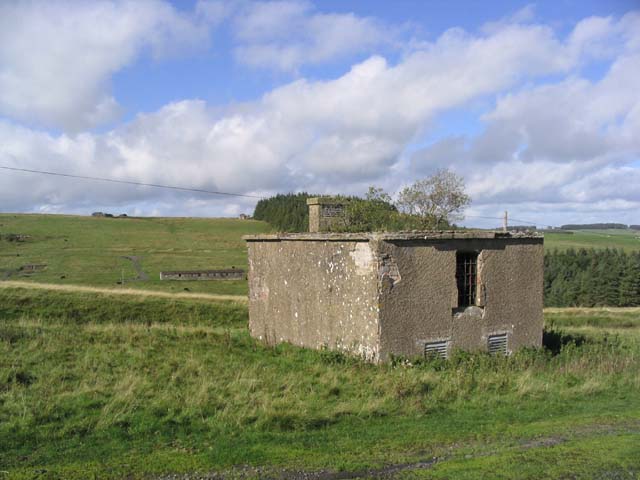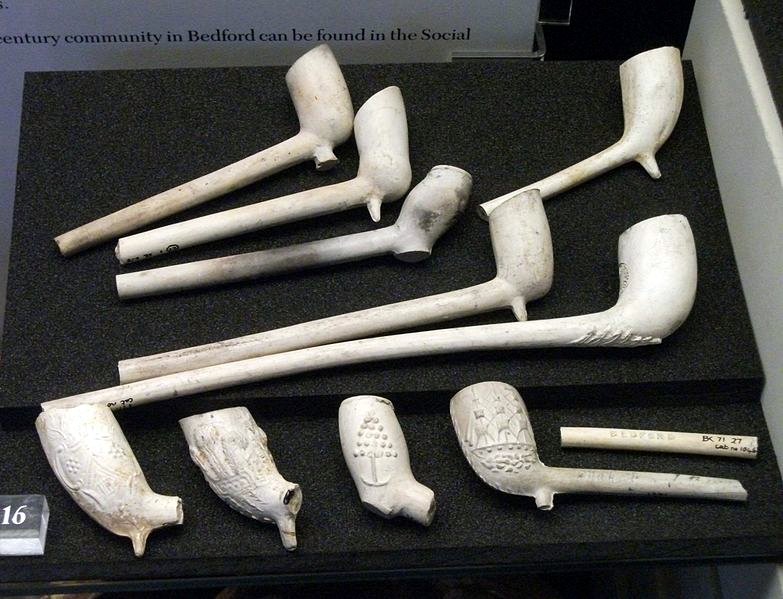BERWICK ADVERTISER, 26 NOVEMBER 1915
SEAHOUSES
Coble in Peril
What might have proved a serious accident occurred to a coble named The Jeannies, owned by Mr George Fawcus, Seahouses, and others. While returning from the fishing ground under sail at about five miles per hour, the coble suddenly struck some submerged wreckage. The wreckage went through two planks, causing the coble to fill in about five minutes. The coble had about 50 stones of fish on board, and but for the fact that it was “air-boxed,” the occupants would probably have been drowned. The accident was witnessed by the coble Briton’s Pride, owned by William Rutter, who at once proceeded to give assistance. Fawcus’ crew of four were taken on board the Briton’s Pride, and they and the damaged coble were safely brought to North Sunderland Harbour. The two crews managed between them to save 20 stones of fish.
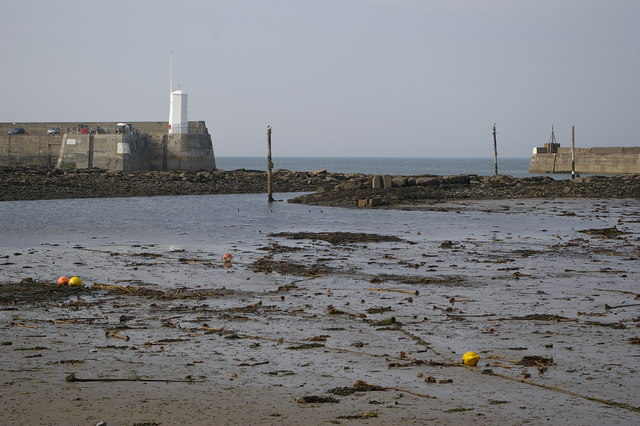
“NORTHUMBRIANS’ OWN DAY.”
LOCAL SOLDIERS AND SAILORS TO BENEFIT
Alan Ian Percy, 8th Duke of Northumberland (1880-1930), in a Grenadier Guards uniform, photographed by Alexander Bassano before 1913 (Date of Bassano’s death). Licensed under Wikimedia Commons, National Portrait gallery – PD-US (over 100 years old).
“Northumbrians’ Own Day,” is to be celebrated on Saturday throughout the county of
Northumberland, and only the generosity of the public is needed to make the undertaking a complete success. The emblem on this occasion will be an artistic medallion, on which is figured in relief one of the Fusiliers advancing with a fixed bayonet, and bearing the inscription, “Strike hard, Northumbrians.” and the date “1915.” The medallion, neatly cased in plush, is to be presented as a souvenir to the helpers who assist with the sale of these mementoes. “Northumbrians’ Own Day” is under the patronage of His Grace the Duke of Northumberland, K.G., Earl Grey, Viscount Allendale, Viscount Ridley, Lord Armstrong, and Lord Joicey, and a host of other notable and distinguished gentlemen of the North Country. The committee earnestly appeal for subscriptions, however small, knowing that this special Christmas effort on behalf of our soldiers and sailors can only be the great success hoped for through the generosity of all. A number of subscriptions have been received, including a cheque for £200, from His Grace the Duke of Northumberland. Cheques and postal orders should be crossed “Northumbrians’ Own Day” Barclay’s Bank, Collingwood Street, Newcastle. Mr Leonard Dalrymple is the chief organiser, Mr Fred Sutcliffe the hon. Treasurer, and Mr George Harcourt the hon. secretary, the central headquarters being at the Westgate Picture House, Newcastle.
HOLY ISLAND AND THE WAR
Holy Island is doing its share of work during the present time of anxiety and stress. Although the population is small, nearly all the eligible men are engaged in working for the country, either as mine sweepers or in the Army. Amongst others who have left is the schoolmaster, Lieut. Hollingsworth. He departed from the island with the best wishes of all for his welfare, accompanied by a rousing cheer from the Scouts and school children assembling to wish him good luck and a safe return after the war is over.
GRACE DARLING’S CENTENARY
There seems to be some conflict of evidence regarding the birth of Grace Horsley Darling, if one is to depend upon the veracity of the official guide to Holy Island. It is there stated that she was born on December 17th, 1815, and that she was one of a family of seven.

The grave is the resting place of Grace and several of her family members. The headstone is a copy of the original which has been preserved and is on display in the nearby Grace Darling museum.
On the other hand it would appear from more authoritative sources that the birth of the heroine is recorded as 24th November, 1815, and it would be interesting to learn how this discrepancy has occurred. It is unnecessary to enter into any lengthened story regarding the devotion and heroism of the famous daughter of the lighthouse keeper of the Longstone. It is familiar to all from their childhood days, and more particularly so in this part of Northumberland. Suffice it say that the recue from the S.S. Forfarshire which left Hull for Dundee on 5th September, 1838, took place on the morning of the 7th of that month. With the assistance of her father, Grace Darling in a frail coble, succeeded in rescuing five of the crew and four passengers. As is well known the heroine is buried at Bamburgh, where a handsome monument surmounts the grave.


